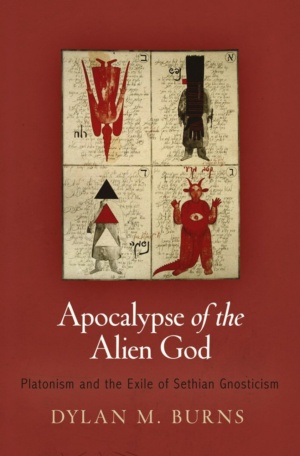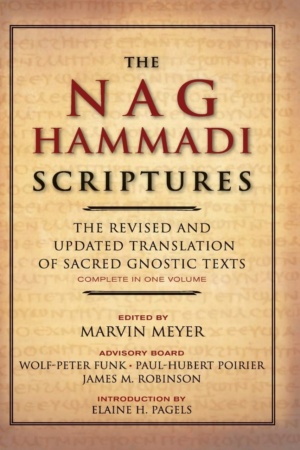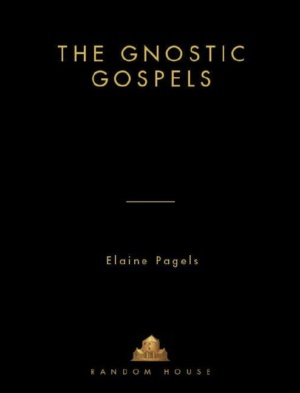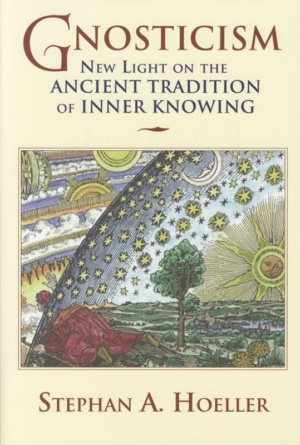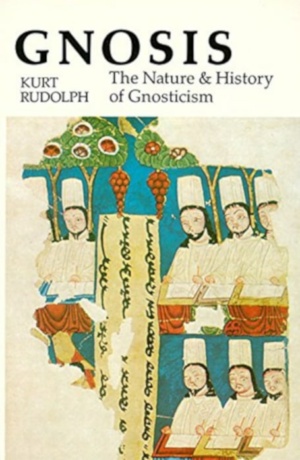Skip to content
gnosticism
"In the second century, Platonist and Judeo-Christian thought were sufficiently friendly that a Greek philosopher could declare, "What is Plato but Moses speaking Greek?" Four hundred years later, a Christian emperor had ended the public teaching of subversive Platonic thought. When and how did this philosophical rupture occur? Dylan M. Burns argues that the fundamental break occurred in Rome, ca. 263, in the circle of the great mystic Plotinus, author of the Enneads. Groups of controversial Christian metaphysicians called Gnostics ("knowers") frequented his seminars, disputed his views, and then disappeared from the history of philosophy—until the 1945 discovery, at Nag Hammadi, Egypt, of codices containing Gnostic literature, including versions of the books circulated by...>>
"The Nag Hammadi Scriptures, edited by Marvin Meyer, is the most complete, up-to-date, one-volume, English-language edition of the renowned library of Gnostic manuscripts discovered in Egypt in 1945, which rivaled the Dead Sea Scrolls find in significance. It includes the Gospel of Thomas, the Gospel of Mary, and the recently discovered Gospel of Judas, as well as other Gnostic gospels and sacred texts. This volume also includes introductory essays, notes, tables, glossary, index, etc. to help the reader understand the context and contemporary significance of these texts which have shed new light on early Christianity and ancient thought. The compilation of ancient manuscripts that constitute The Nag Hammadi Scriptures is a discovery that challenges...>>
"Gnosticism developed alongside Judeo-Christianity over two thousand years ago, but with an important difference: It emphasizes, not faith, but direct perception of God--Gnosticism being derived from the Greek word gnosis, meaning "knowledge." Given the controversial premise that one can know God directly, the history of Gnosticism is an unfolding drama of passion, political intrigue, martyrdom, and mystery. Dr. Hoeller traces this fascinating story throughout time and shows how Gnosticism has inspired such great thinkers as Voltaire, Blake, Yeats, Hesse, Melville, and Jung."...>>
